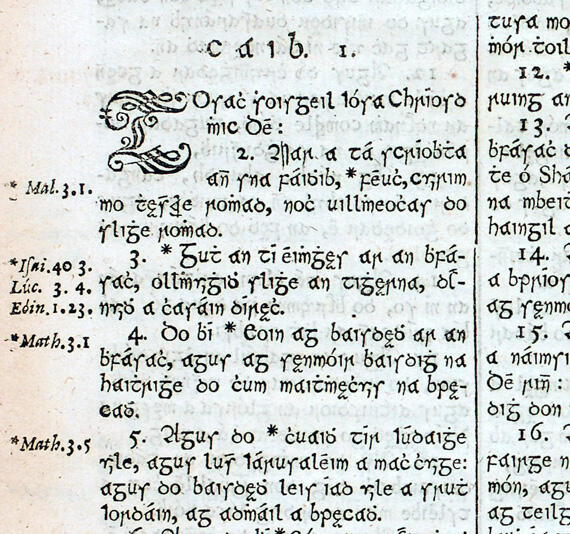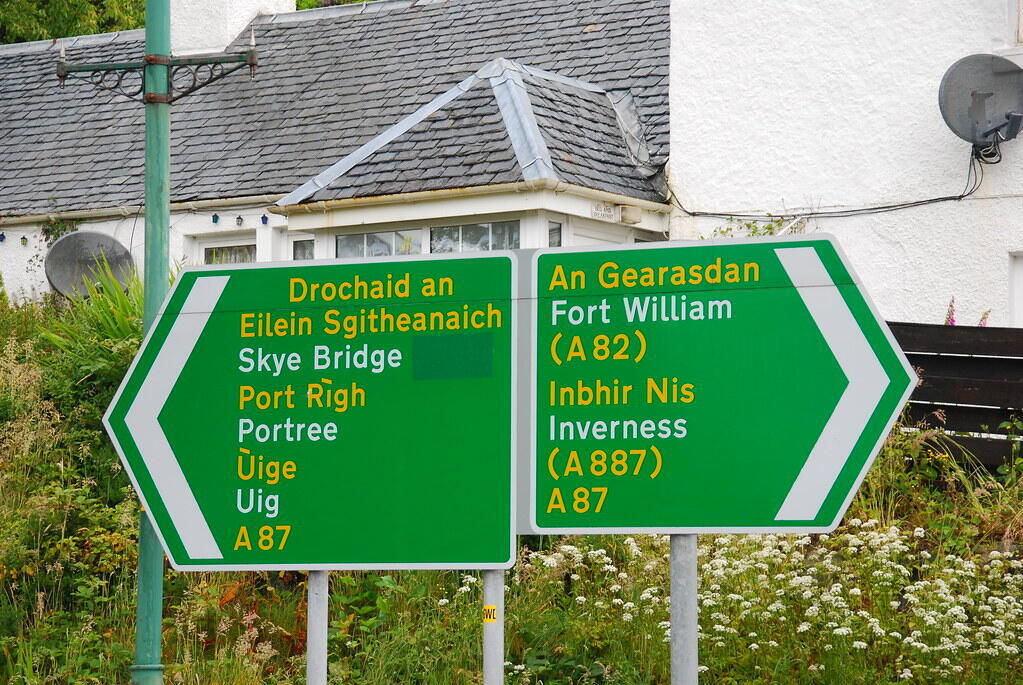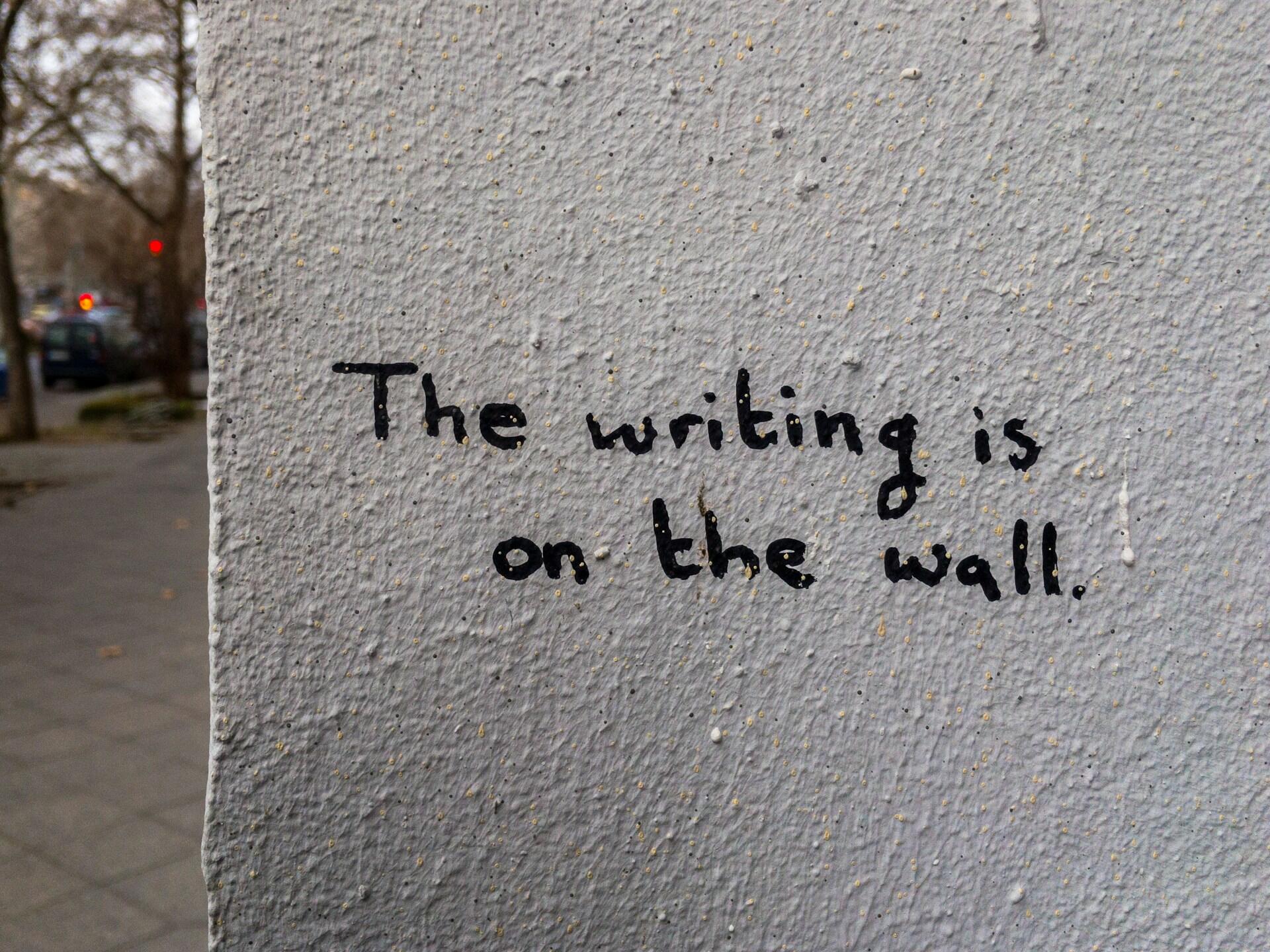Think you’ve got the patter to blend in with the Scots? Whether you’re planning a trip to sunny Glasgow, binge-watching Scottish series like Outlander, or just fascinated by the colorful local expressions, mastering Scots slang is a fun way to jump intae the culture. From wee bairns to getting blootered, the dialect is as charming as it is bewildering to outsiders (those who dinnae ken). Take our quiz to find out how well you really know Scottish slang - maybe you'll pick up a few lines that'll make you sound more like a native!
Quiz
Quiz :
🏴 Scottish Slang vs. Standard English 🏴
While Scottish slang shares roots with English, it’s also shaped by Scots and Gaelic languages.

Some words, like ken or bairn, have been used for centuries, passed down through generations and still commonly heard in everyday conversation.
These terms reflect Scotland’s linguistic heritage and the deep cultural ties that influence the way people speak across different regions. Others are modern additions born from local humor, regional dialects, or even Scottish pop culture.
Scots English vs. Scots Gaelic: What’s the Difference?
It’s easy to confuse Scots English with Scots Gaelic, but they’re entirely different languages. Scots English (or simply Scots) is a Germanic language variety closely related to English, with its own vocabulary, grammar, and pronunciation.
It evolved from Old English and is spoken widely in Lowland Scotland, including cities like Edinburgh and Glasgow. In contrast, Scots Gaelic is a Celtic language with roots in ancient Irish, traditionally spoken in the Highlands and Western Isles. While Gaelic is less commonly used today, efforts to revive it through schools and media continue.

Scots, on the other hand, thrives in everyday speech and slang - especially in urban areas - making it a living part of Scotland’s cultural identity.
Eager to Learn a Wee Bit More?
Challenge yourself to learn four more Scottish words to add to your repertoire. Daily words and small challenges will help you expand your knowledge and set you on the path to becoming a Scots master!
“Haver”
To haver means to talk nonsense or ramble on pointlessly. Famously used in The Proclaimers’ song I’m Gonna Be (500 Miles)—“And if I haver, yeah I know I’m gonna be the man who’s havering to you” - the word captures those moments when someone just won’t stop talking, especially when they’ve had a drink. It's a light-hearted way to tell someone they're babbling.
“Gallus”
If someone calls you gallus, take it as a compliment—mostly. This word describes someone who’s bold, cheeky, and full of confidence, sometimes to the point of being cocky. A gallus person walks with swagger and talks with flair. In Glasgow, you might hear, “He’s pure gallus, that yin,” meaning he’s full of himself but in a charming way. It’s the kind of word that captures the playful bravado often admired in Scottish banter.
“Clatty”
Clatty means dirty, messy, or unclean—usually used to describe a place or even a person’s hygiene habits. For instance, “Yer room’s clatty, get it cleaned!” It’s an expressive, slightly scolding term, often used by parents or friends when someone’s not pulling their weight. Despite its critical tone, clatty is part of everyday speech and often used with affection.
“I’ll pagger ye”
This expressive phrase is quintessentially Edinburgh—and while you might not hear it often in other parts of Scotland, it’s deeply rooted in the city’s vernacular. It’s most commonly used among kids, friends, and in casual banter, carrying various meanings depending on the tone and context: from “I’ll get you” to “I’ll beat you” or even “I’ll prank you.”

This expressive phrase is quintessentially Edinburgh—and while you might not hear it often in other parts of Scotland, it’s deeply rooted in the city’s vernacular. It’s most commonly used among kids, friends, and in casual banter, carrying various meanings depending on the tone and context: from “I’ll get you” to “I’ll beat you” or even “I’ll prank you.”
So, how did ye do? Whether you’re a Scots newbie or a wee Scots master, there’s always more to explore in the never ending tapestry of Scots dialects. Don’t stop here - why not challenge your friends, dive into some Scottish films or books, or even book a few lessons with a native speaker? On Superprof, you’ll find experienced tutors who can help you master the accent, understand the culture, and keep building your language skills. Slàinte mhath!
Summarize with AI:



















